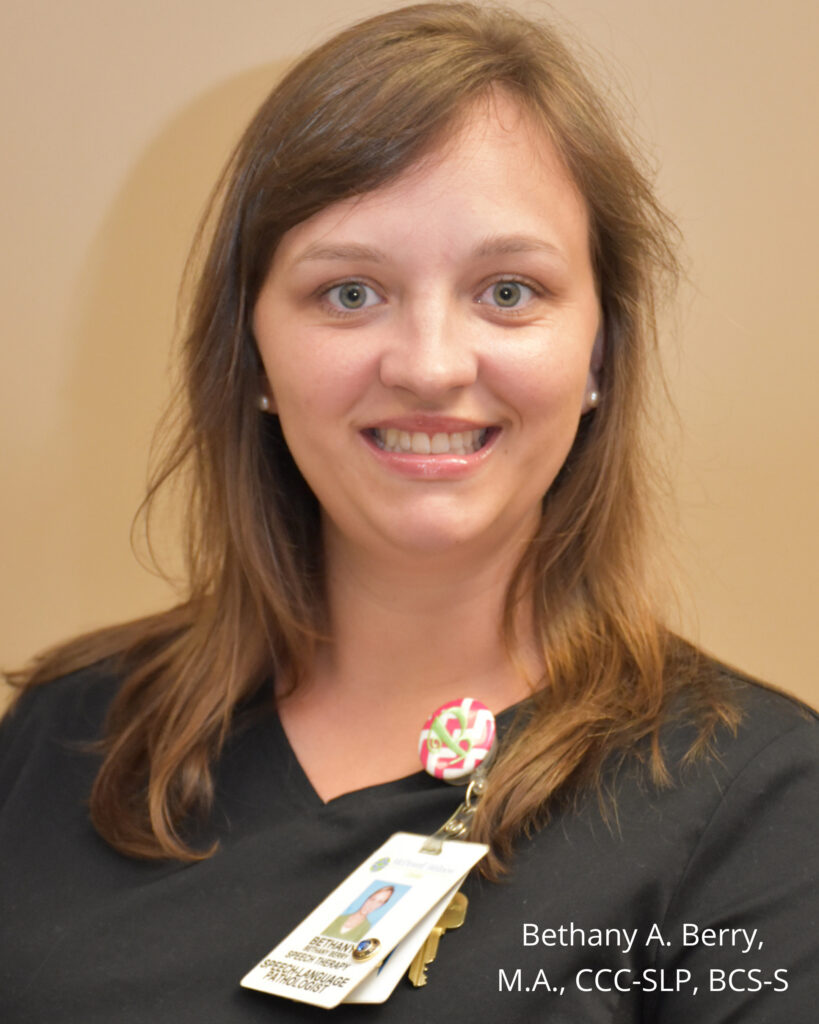
Do you find yourself coughing or throat clearing when eating and drinking? Do you feel like something is stuck in your throat or chest after eating or drinking? Do you have a wet or gurgly voice during or after eating or drinking?
These can be signs of a more troublesome underlying issue. Difficulty with swallowing can lead to health issues and certainly social issues such as avoiding eating meals in front of or around others. We all have problems swallowing or may even cough with food or liquid from time to time. Sometimes we’ve had a drink “go down the wrong way” or take extra effort to chew through tough meat. However, if you find yourself having these kinds of concerns a lot of the time, you may have a swallowing issue called dysphagia. People who have dysphagia may feel embarrassed when experiencing signs of the disorder and cause them to want to eat alone.
The American Speech-Language-Hearing Association (Swallowing Disorders in Adults 2023) identifies these signs as:
● coughing during or right after eating or drinking
● clearing your throat often after eating or drinking
● having a wet or gurgly voice during or after eating or drinking
● feeling like something is stuck in your throat or chest after eating or drinking
● needing extra work or time to chew or swallow
● having food or liquid leak from your mouth
● food getting stuck in your mouth
● having a hard time breathing after meals
● losing weight
While signs may range from mild to severe so may the resulting conditions such as dehydration, poor or malnutrition, aspiration (i.e. food or liquid going into the airway), or even pneumonia. Dysphagia may impact any person but is more prevalent with those who have suffered a stroke, brain injury or spinal cord injury, Parkinson’s disease, Alzehimer’s disease, multiple sclerosis, cerebral palsy, muscular dystrophy, or head and neck cancer among many other diagnoses. If you are concerned about your eating/drinking and think you may have dysphagia, be sure to communicate this to your doctor. A referral to a speech-language pathologist (SLP) would be useful to evaluate your swallowing function. A SLP will work with you to identify what type of swallowing issue(s) you may have, provide training on best diet and safe swallow recommendations, and can provide treatment exercises and strategies to help you swallow better and more safely.
Bethany A. Berry, MA, CCC-SLP, BCS-S
